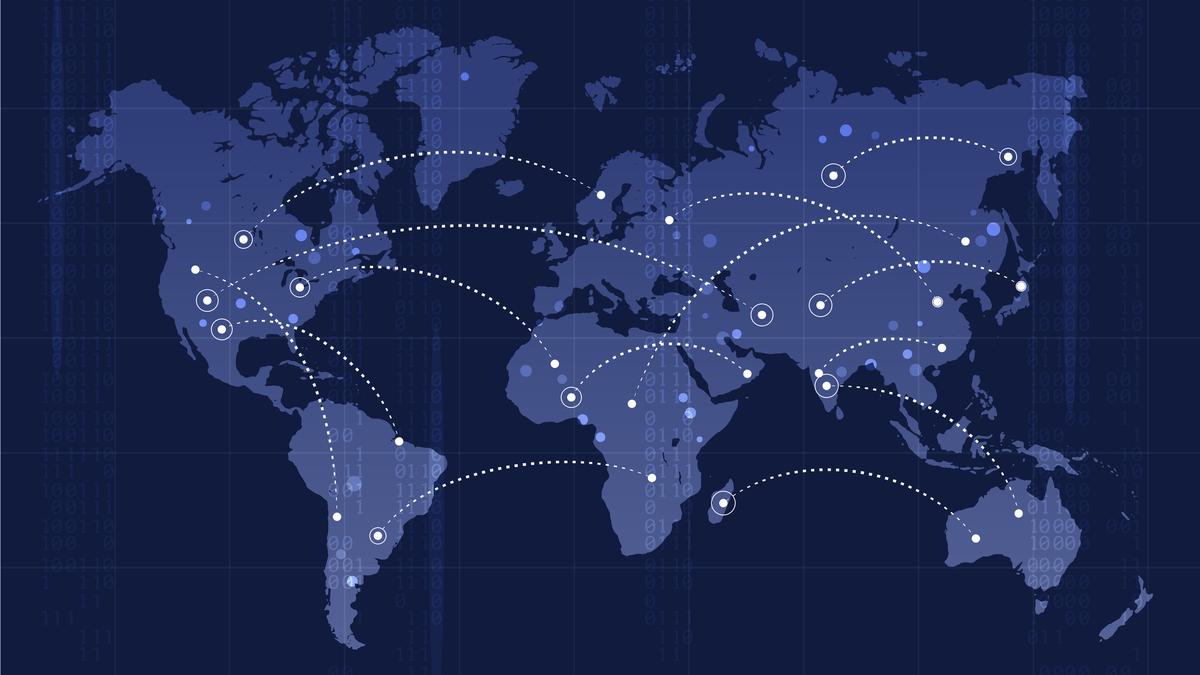I n the recently concluded ‘Summit of the Future’ organised by the United Nations, member countries adopted the ‘Global Digital Compact’ (GDC). This ambitious instrument is perhaps the first of its kind in the international arena focusing on the potential of digital technologies, with the specific intention to harness and regulate them for the common good. What is the GDC? The GDC is not a binding law but a diplomatic instrument with a set of shared goals for governments, institutions, firms, and other stakeholders to bear in mind.
Once there is greater adherence, the terms of the compact may become soft laws in each country. Earlier, the UN helped pilot and legitimise two other compacts: the ‘Global Compact’ (“a voluntary initiative based on CEO commitments to implement universal sustainability principles and to take steps to support UN goals”) and the ‘Global Compact for Safe, Orderly, and Regular Migration’ (covering all dimensions of international migration in a holistic and comprehensive manner). The GDC rests on the idea that digital technologies are dramatically changing our world.
While they offer potential benefits for societies and for our planet — by enabling Sustainable Development Goals (SDGs) — they also pose serious challenges and concerns. Realising the GDC The GDC is a collaborative project with the objective of ensuring human oversight of technologies in ways that advance sustainable development. Building on the norms of international.


















